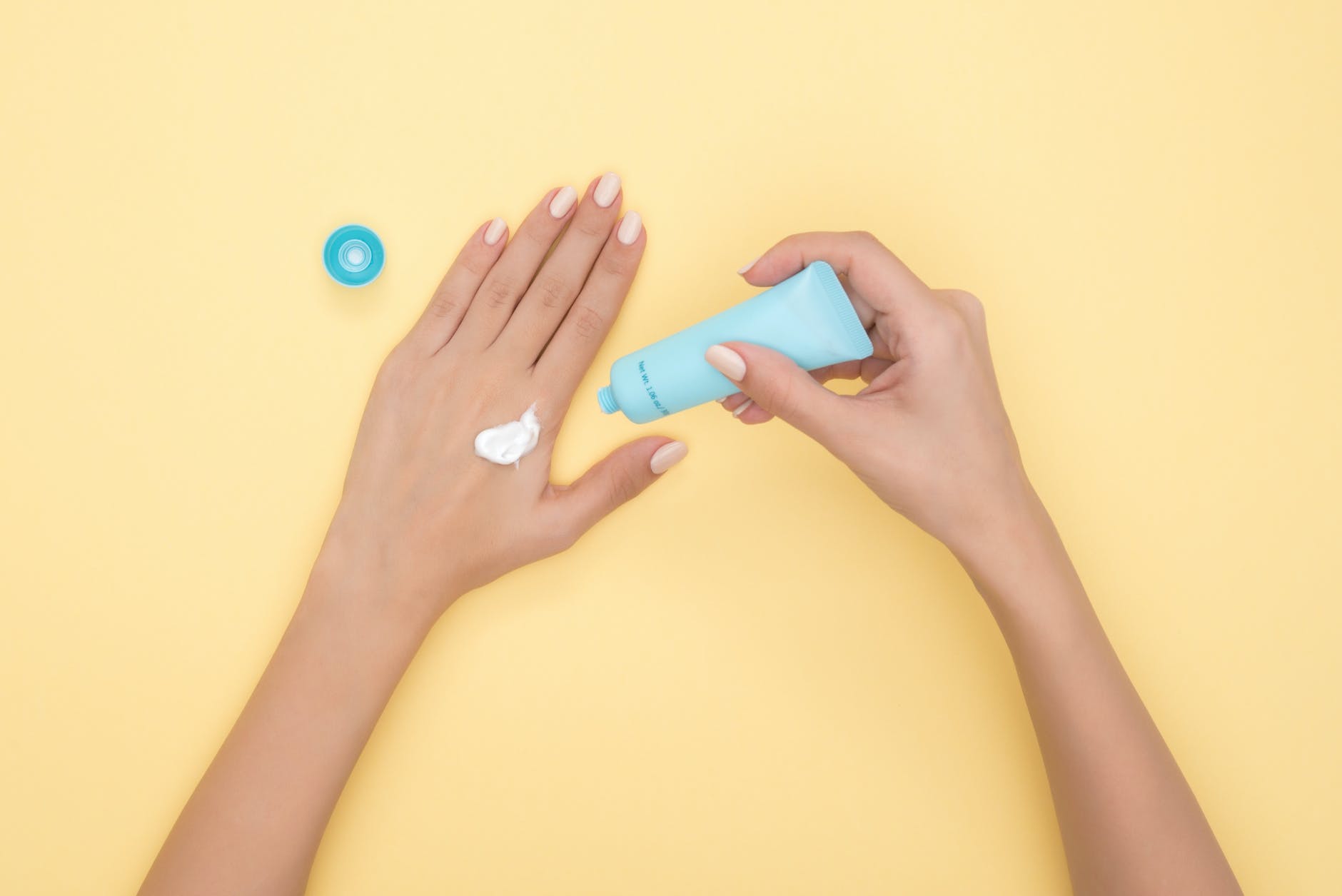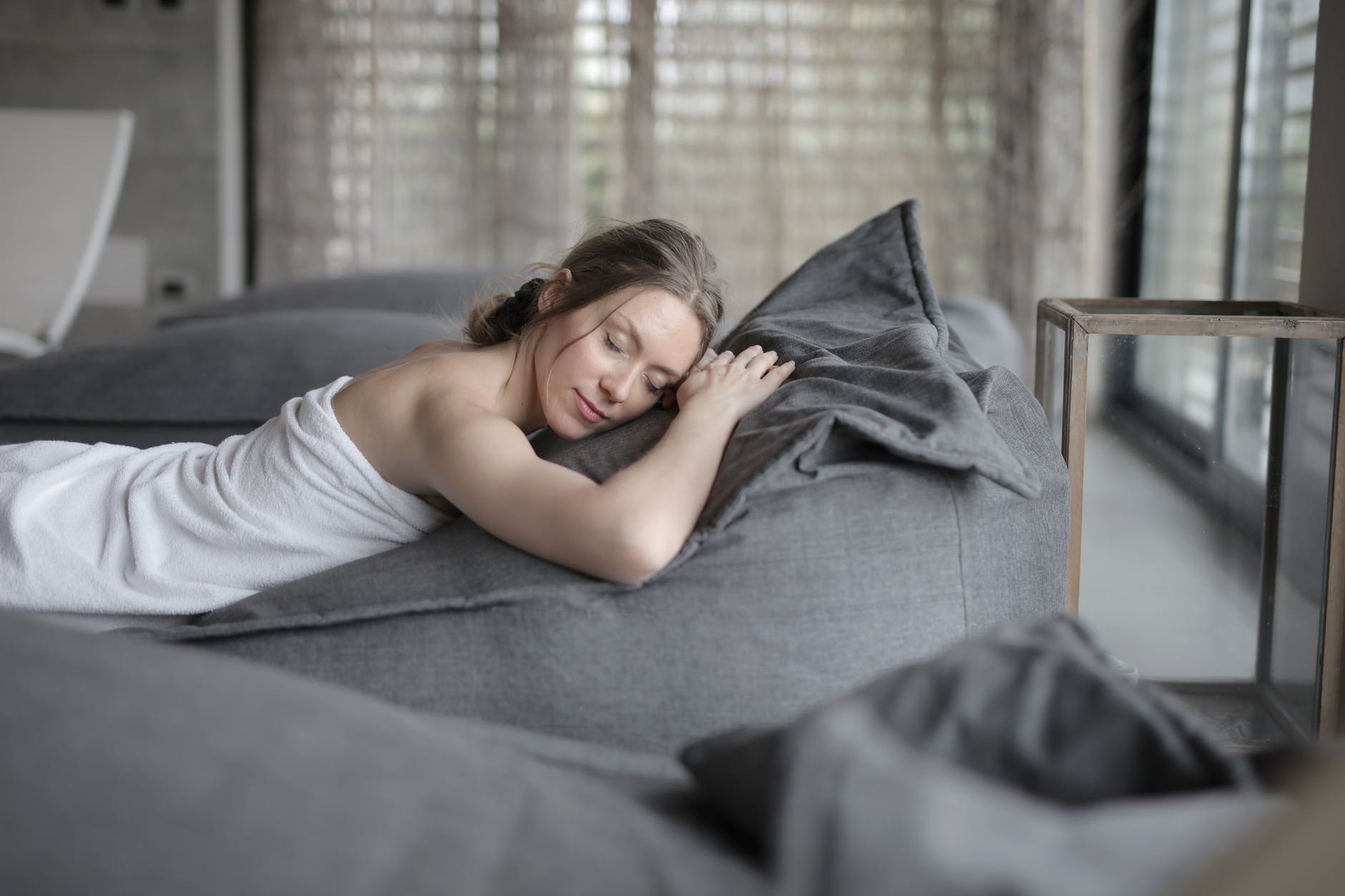There’s a reason her 40 winks are often referred to as “restful sleep.” It turns out that to wake up to healthy-looking skin every day, people need a lot of sleep. Skimping on sleep can lead to several skin problems, according to top dermatologists.
“Sleep is important for all systems in the body and for how they function,” says Judith Hellman, MD, board-certified dermatologist. “When we talk about the skin, deficiency of sleep causes the release of the stress hormone cortisol, which in turn promotes inflammation of the skin, causing flare-ups in conditions such as acne, psoriasis even eczema. “.
The National Sleep Foundation recommends seven to nine hours of sleep per night for most adults. Less of this can play a role in the development of wrinkles, sagging skin, and dark circles under the eyes. The reason? During sleep, your body supplies fluids to organs and tissues that need to be replaced, while removing excess fluid from other areas.
Interrupting this process is one of the reasons people who deprived of often sleep have bags under their eyes (i.e., fluid bags). Poor sleep also increases levels of inflammation and stress hormones, which can destabilize your immune system, exacerbating skin problems like acne, psoriasis, and eczema.
Additionally, developing a healthy evening skincare routine can impact the appearance of your skin in the morning. Follow these nightly skincare tips to wake up with better skin.
Table of Contents
Always wash before Bedtime:
Feeling tired is no excuse for ignoring basic healthy skin habits, including washing your face before bed. Women should also make sure to remove all makeup, as the foundation and other cosmetics that cover the skin can clog pores and prevent the skin from breathing at night. Take two minutes before bedtime and wash with warm water and a mild cleanser. Dry your face with a soft towel.
Apply a Moisturizer:

Products to use overnight will vary depending on whether the person has dry, oily, or sensitive skin. A dermatologist(skin specialist) can help determine a patient’s skin type. In general, a mild cleanser followed by a moisturizer is the way to go, says Robin Evans, MD, a certified dermatologist(skin specialist). “For a maximum of the people, an emollient-rich moisturizer should apply after proper cleansing before bed,” she says. Look for a moisturizer that is hydrating and soothing, but not too heavy. For those prone to acne, look for products specially formulated for sensitive skin, which means they are made without comedogenic ingredients (pore blockers) that are found in some moisturizers and are less likely to have a strong odor. It can also irritate sensitive skin.
Check the Antioxidants:
People who clean and hydrate their faces every night and always feel like they wake up tired can benefit from products that contain antioxidants, such as vitamin C and green tea, which can help repair skin at night.
Think of Anti-Aging Products:
No product will completely erase fine lines or wrinkles, but applying anti-aging eye creams and serums before bed can help. During sleep, the products penetrate the skin, allowing more powerful results.
Give an Advantage to the Products:
For best results, allow your evening beauty products to soak into your skin for a few minutes before going to bed. Applying them about 15 minutes before bedtime helps prevent them from rubbing on the sheets or reaching your pillowcase where they can eventually irritate your eyes.
Get Seven to Nine Hours of Sound Sleep:
During sleep, our body releases human growth hormone, an ingredient necessary for the production of collagen, the protein that gives people shiny hair, strong nails, and radiant skin. Skipping on sleep increases cortisol levels, which can interfere with collagen production. If the bedtime has changed more and more afterward, try moving forward in 15-minute increments over a week or two until you reach a minimum of at least seven hours.


